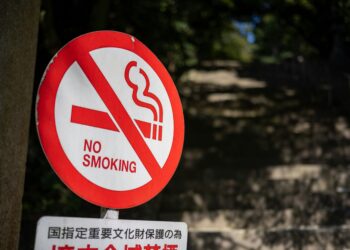The attack on Charlie Kirk at Utah Valley University is a worrisome culmination of America’s hyper-polarized political climate. The horrifying moment, captured on video, of a political activist being shot in the neck while speaking to students is a stark reminder that the country’s toxic rhetoric is no longer confined to social media or cable news.
This act of violence is a direct symptom of a political system that has become so broken that reasoned debate is being replaced by physical aggression. It’s an attack on the very idea of free speech, and it should be condemned by every American, regardless of political affiliation.

The Dangerous Normalization of Political Violence
While politicians from both sides of the aisle have been quick to condemn the attack, their words ring hollow. For years, figures on the far right and far left have used increasingly aggressive language, openly demonizing their opponents and framing political differences as a literal war for the soul of the nation.
The incident at Utah Valley University is a tragic but predictable result of this poisonous environment. When figures like Kirk travel the country with a “Prove Me Wrong” banner, they are not just inviting debate; they are daring dissenters to take a stand. The question that must be asked is not just who pulled the trigger, but what kind of national conversation led to this moment.
This attack is a wake-up call that the simmering anger and aggression have now spilled over into real-world violence. It’s time for the political class to take responsibility for the fire they’ve helped to start.
What Happens Now?
To heal from this growing epidemic of political violence in America, a dramatic shift in behavior is required from leaders and ordinary citizens alike. First, political figures on all sides must commit to a new era of civility, publicly denouncing not just violence but also the inflammatory language that incites it.
This means an end to framing opponents as existential enemies who must be defeated at all costs. Additionally, institutions like universities must be safe spaces for the robust exchange of ideas. When students and faculty are so polarized that they sign petitions to bar a speaker from campus, it shows a fundamental breakdown in the principles of free inquiry.
Finally, we, as citizens, must refuse to engage with the politics of contempt. We must hold our leaders accountable for their rhetoric and actively seek out a media that doesn’t thrive on stoking division.

















